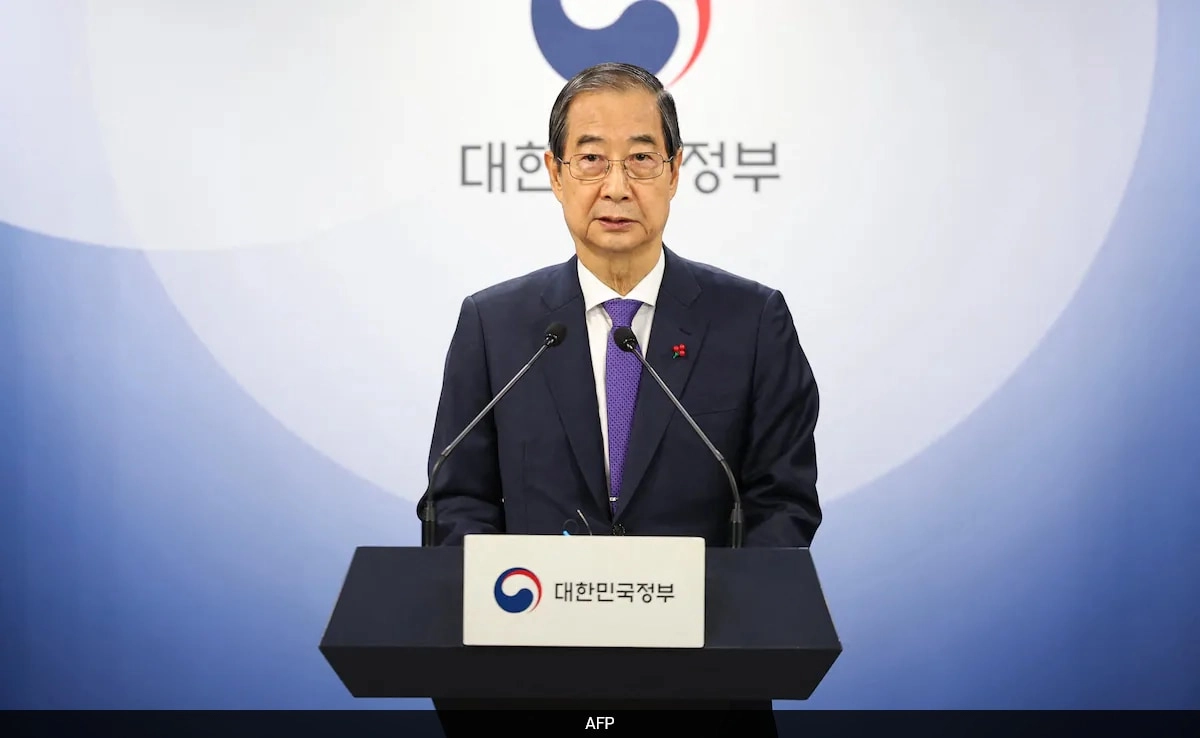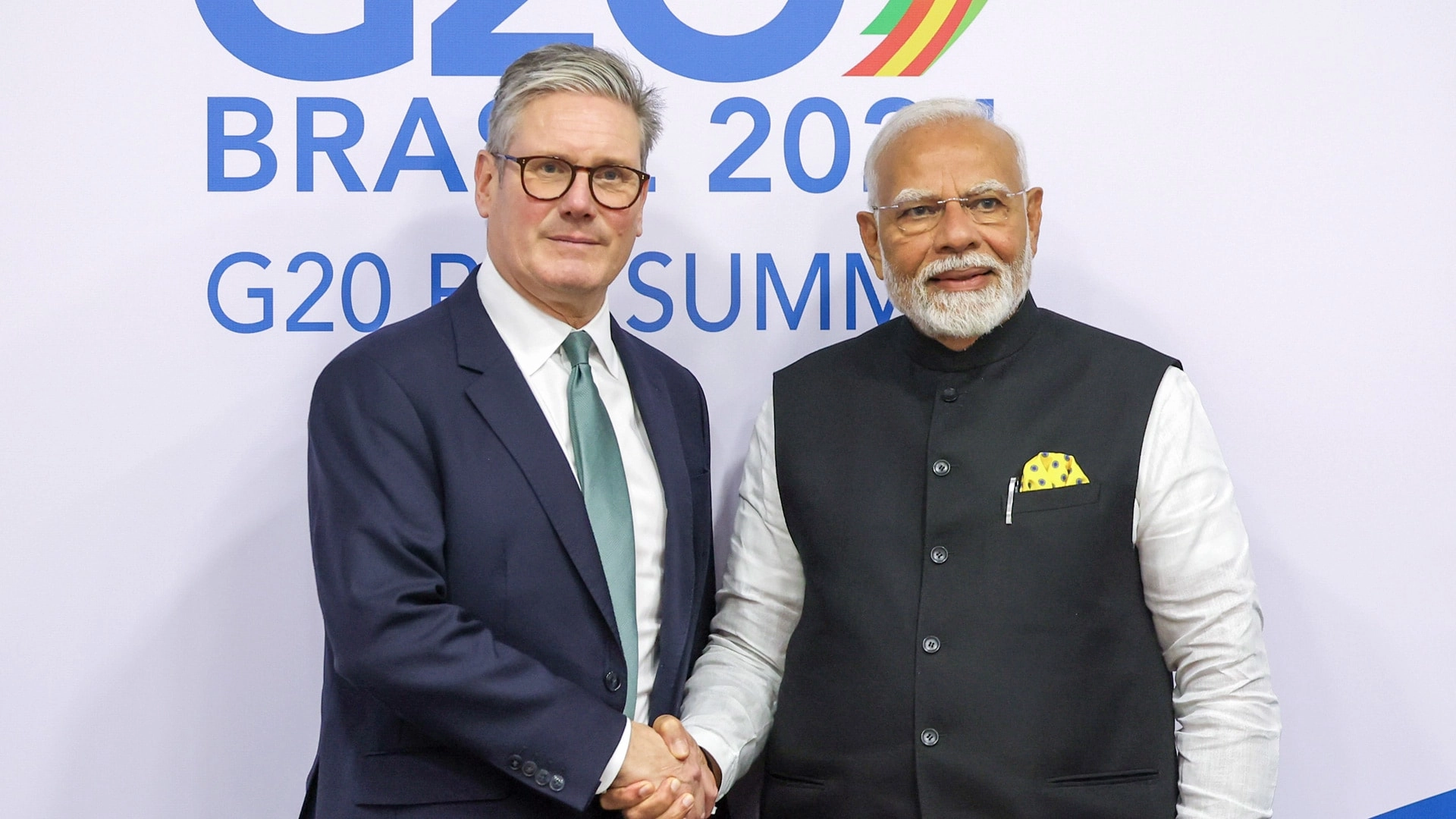A South Korean court has dismissed the impeachment motion against Prime Minister Han Duck-soo, which was based on allegations related to his handling of martial law during a recent period of unrest in the country. The court’s ruling has significant implications for both the Prime Minister and the political landscape in South Korea. The impeachment motion was initiated by opposition lawmakers who accused Han of failing to adequately address the civil liberties and rights of citizens during the enforcement of martial law, which was implemented in response to escalating protests and social unrest. This legal decision not only clears Han of the accusations but also reinforces his legitimacy as a leader at a time when the country is grappling with deep-rooted societal issues.
The court’s dismissal of the impeachment reflects a broader context of political tension in South Korea. The opposition party’s attempts to remove Han from office stemmed from a growing frustration with the government’s response to civil unrest, which many critics saw as an overreach of executive power. By rejecting the impeachment, the court has sent a message about the balance of power among the various branches of government, emphasizing the importance of judicial independence in political matters. This ruling may also impact the opposition party’s strategy moving forward, as they reassess their approach to addressing governance and civil rights issues within the framework of the current administration.
In light of this ruling, Prime Minister Han Duck-soo can now focus on his agenda without the looming threat of impeachment. However, the political atmosphere remains charged, and the government must navigate the discontent among segments of the populace who feel their rights were compromised during the martial law period. The ruling may provide a temporary reprieve for the administration, but it also highlights the ongoing challenges facing South Korea as it seeks to balance security concerns with democratic freedoms. As the country continues to confront these complex issues, the implications of the court’s decision will likely resonate in future political debates and policymaking efforts.




